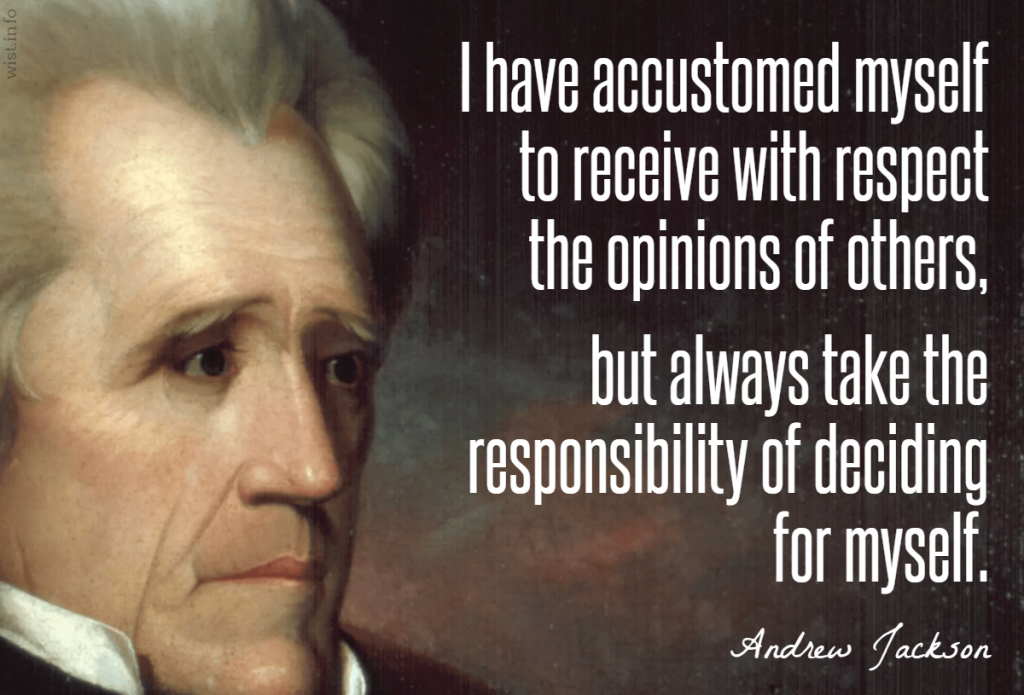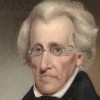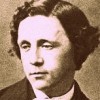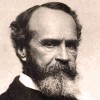The best mirrour is an old friend.
George Herbert (1593-1633) Welsh priest, orator, poet.
Jacula Prudentum, or Outlandish Proverbs, Sentences, &c. (compiler), # 296 (1640 ed.)
(Source)
Quotations about:
feedback
Note not all quotations have been tagged, so Search may find additional quotes on this topic.
Many owe their greatness to their enemies. Flattery is fiercer than hatred, for hatred corrects the faults flattery had disguised. The prudent man makes a mirror out of the evil eye of others; it is more truthful than that of affection, and helps him reduce his defects or emend them.
[Fabricáronles a muchos su grandeza sus malévolos. Más fiera es la lisonja que el odio, pues remedia este eficazmente las tachas que aquella disimula. Hace el cuerdo espejo de la ojeriza, más fiel que el de la afición, y previene a la detracción los defectos, o los enmienda.]
Baltasar Gracián y Morales (1601-1658) Spanish Jesuit priest, writer, philosopher
The Art of Worldly Wisdom [Oráculo Manual y Arte de Prudencia], § 84 (1647) [tr. Maurer (1992)]
(Source)
(Source (Spanish)). Alternate translations:
Many owe their fortune to their enviers. Flattery is more cruel than ha∣tred, in as much as it palliates the faults, which the other makes us remedy. The wise man makes the hatred of his Enviers his looking-glass, wherein he sees himself far better than in that of kindness.
[Flesher ed. (1685)]
Many have had their greatness made for them by their enemies. Flattery is more dangerous than hatred, because it covers the stains which the other causes to be wiped out. The wise will turn ill-will into a mirror more faithful than that of kindness, and remove or improve the faults referred to.
[tr. Jacobs (1892)]
Many have been made through the greatness of their enemies. Far more to be feared is flattery, than hate, since this exposes the flaws, which flattery would conceal. The man who knows makes a mirror of spite, more faithful than the mirror of affection, and envisages his shortcomings, to correct them.
[tr. Fischer (1937)]
The essence of all art is to have pleasure in giving pleasure.
Mikhail Baryshnikov (b. 1948) Latvian-American dancer, choreographer, actor
“Baryshnikov: Gotta Dance,” Time (19 May 1975)
(Source)
We shape our buildings, and afterwards our buildings shape us.
Winston Churchill (1874-1965) British statesman and author
Speech, House of Commons (28 Oct 1943)
(Source)
During the debate over rebuilding the House of Commons, which had been destroyed during a German bombing.
I have accustomed myself to receive with respect the opinions of others, but always take the responsibility of deciding for myself.
Give me the avow’d, the erect, the manly foe,
Bold I can meet — perhaps may turn his blow;
But of all plagues, good Heaven, thy wrath can send,
Save, save, oh! save me from the Candid Friend!
If evil Men speak good, or good Men evil of thee; examine thy Actions, and suspect thy self: But if evil Men speak evil of thee; hold it as an Honor, and by way of Thankfulness love them; but upon condition, that they continue to hate thee.
He that applauds him who does not deserve praise, is endeavoring to deceive the public; he that hisses in malice or sport, is an oppressor and a robber.
Samuel Johnson (1709-1784) English writer, lexicographer, critic
The Idler, #25 (7 Oct 1758)
(Source)
There are high spots in all of our lives and most of them have come about through encouragement from someone else. I don’t care how great, how famous, or successful a man or woman may be, each hungers for applause.
George Matthew Adams (1878-1962) American newspaper columnist, publisher
Syndicated Column (1932)
(Source)
I am strongly of opinion that an author had far better not read any reviews of his books: the unfavourable ones are almost certain to make him cross, and the favourable ones conceited; and neither of these results is desirable.
For when many rejoice together, the joy of each one is richer: they warm themselves at each other’s flame.
[Quando enim cum multis gaudetur, et in singulis uberius est gaudium, quia fervefaciunt se et inflammantur ex alterutro.]
Augustine of Hippo (354-430) Christian church father, philosopher, saint [b. Aurelius Augustinus]
Confessions, Book 8, ch. 4 / ¶ 9 (8.4.9) [tr. Sheed (1943)] (c. AD 398)
(Source)
(Source (Latin)). Alternate translations:
For when many joy together, each also has more exuberant joy for that they are kindled and inflamed one by the other.
[tr. Pusey (1838)]
For when many rejoice together, each also has more exuberant joy; for that they are kindled and inflamed one by the other.
[ed. Shedd (1860)]
For when many rejoice together, the joy of each one is the fuller in that they are incited and inflamed by one another.
[tr. Pilkington (1876)]
For when many rejoice together, in each there is an overflowing joy, for they kindle themselves and are kindled by one another.
[tr. Hutchings (1890)]
For, when joy is shared with many, the joy of each is richer, because they warm one another, catch fire from one another.
[tr. Bigg (1897)]
For when many rejoice together the joy of each one is fuller, in that they warm one another, catch fire from each other.
[tr. Outler (1955)]
For when many men rejoice together, there is a richer joy in each individual, since they enkindle themselves and they inflame one another.
[tr. Ryan (1960)]
When large numbers of people share their joy in common, the happiness of each is greater because each adds fuel to the other’s flame.
[tr. Pine-Coffin (1961)]
For when many people rejoice together, the joy of each individual is all the richer, since each one inflames the other and the warmth spreads throughout them all.
[tr. Warner (1963)]
For when joy is shared with many, joy is fuller in each. They grow ardent and are fired each by the other.
[tr. Blaiklock (1983)]
Among the smaller duties of life I hardly know any one more important than that of not praising where praise is not due.
Sydney Smith (1771-1845) English clergyman, essayist, wit
Elementary Sketches of Moral Philosophy, Lecture 9 “On the Conduct of Understanding” (1849)
(Source)
Based on a lecture in a series given at the Royal Institution (1804-1806).
A wise man gets more use from his enemies than a fool from his friends.
[Al varón sabio más le aprovechan sus enemigos que al necio sus amigos.]
Baltasar Gracián y Morales (1601-1658) Spanish Jesuit priest, writer, philosopher
The Art of Worldly Wisdom [Oráculo Manual y Arte de Prudencia], § 84 (1647) [tr. Jacobs (1892)]
(Source)
See also Aristophanes. (Source (Spanish)). Alternate translations:
The wise man draws more advantage from his Enemies, than the fool does from his Friends.
[Flesher ed. (1685)]
To a wise man, his enemies avail him more, than to a fool, his friends.
[tr. Fischer (1937)]
The wise person finds enemies more useful than the fool finds friends.
[tr. Maurer (1992)]
I now perceive one immense omission in my Psychology— the deepest principle of Human Nature is the craving to be appreciated, and I left it out altogether from the book, because I had never had it gratified till now.
William James (1842-1910) American psychologist and philosopher
Letter to his Philosophy 2A class at Radcliffe College (6 Apr 1896)
The class had sent him a potted azalea at Easter. Full letter:
Dear Young Ladies, I am deeply touched by your remembrance. It is the first time anyone ever treated me so kindly, so you may well believe that the impression on the heart of the lonely sufferer will be even more durable than the impression on your minds of all the teachings of Philosophy 2A. I now perceive one immense omission in my Psychology—the deepest principle of Human Nature is the craving to be appreciated, and I left it out altogether from the book, because I had never had it gratified until now. I fear that you have let lose a demon in me, and that all my actions will now be for the sake of such rewards.

















